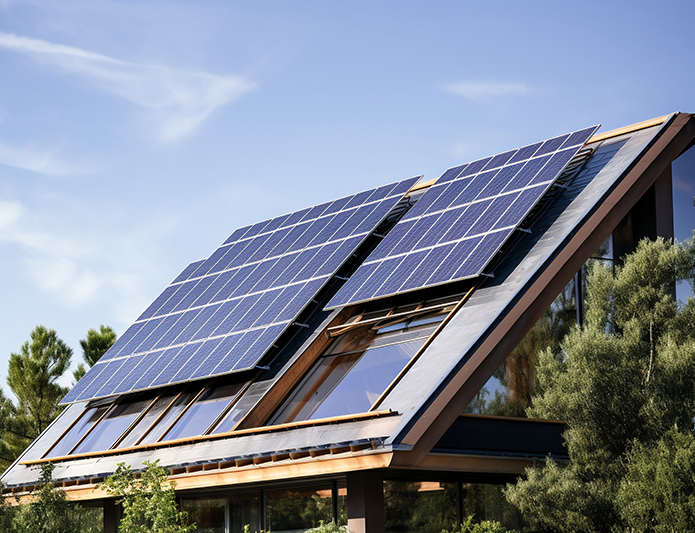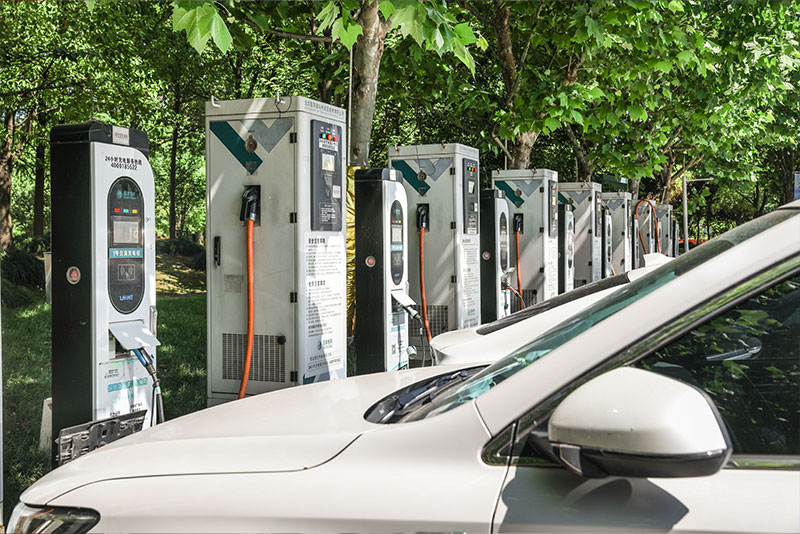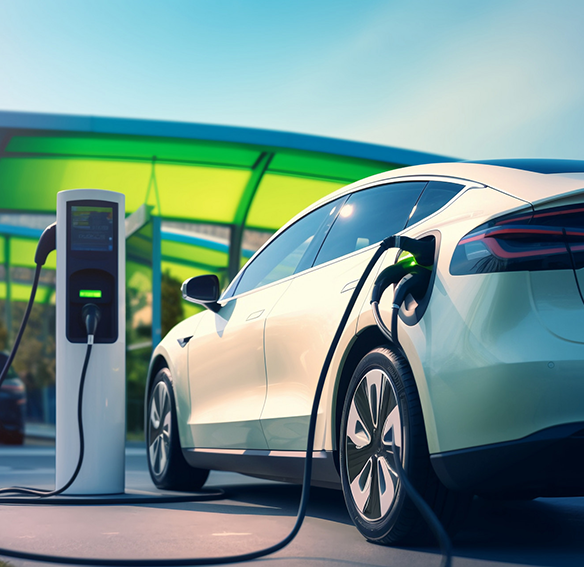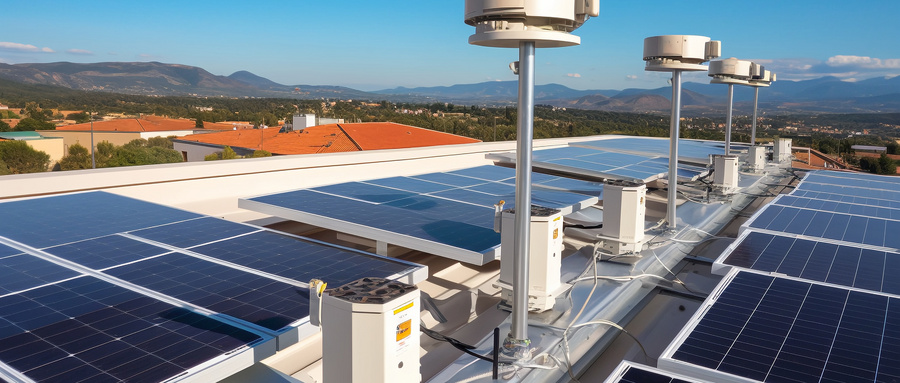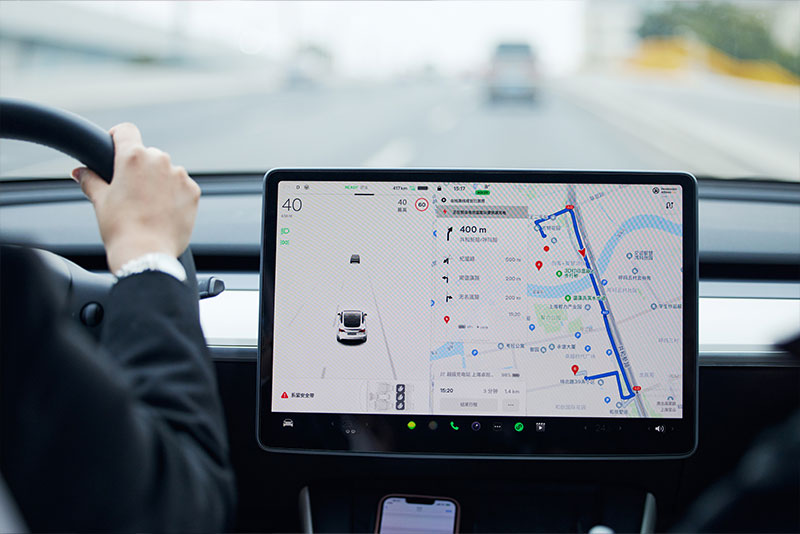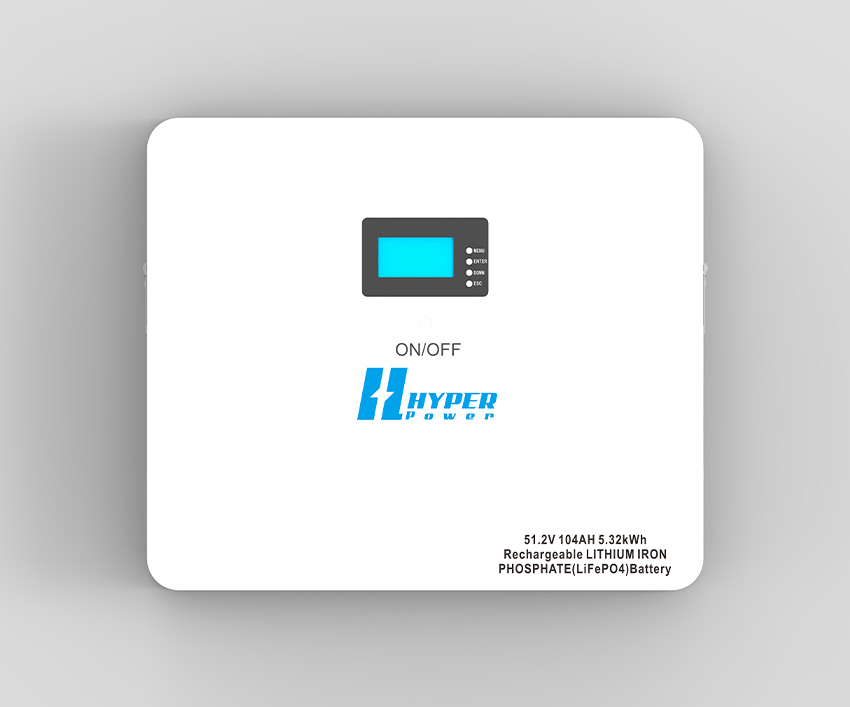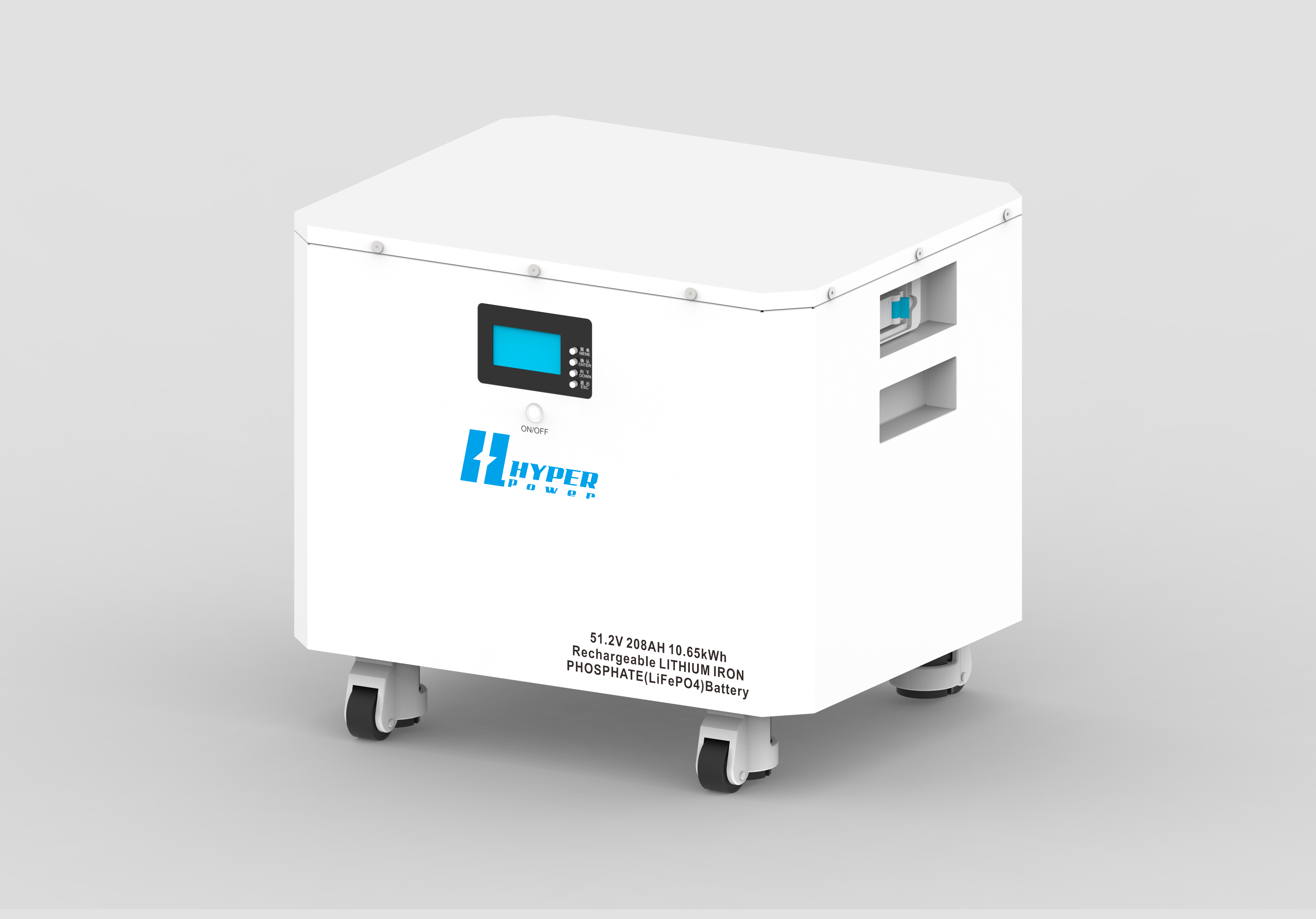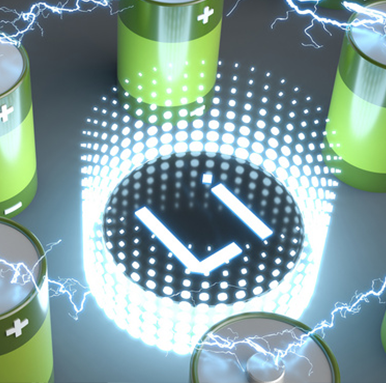How Lithium Iron Phosphate Batteries Enhance EV Performance and Longevity
In recent years, the automotive industry has seen significant advancements in electric vehicle (EV) technology. As the world moves toward greener alternatives to fossil fuels, electric vehicles have gained popularity for their environmental benefits, reduced maintenance costs, and long-term savings. One of the most critical components that influence the performance and longevity of EVs is the battery. Among various types of batteries used in EVs, lithium iron phosphate batteries (LiFePO4) are emerging as a powerful contender, offering superior benefits in both performance and lifespan. This blog explores how lithium ion phosphate batteries enhance the performance and longevity of electric vehicles, making them an increasingly popular choice for both manufacturers and consumers.
What Are Lithium Iron Phosphate Batteries?
Before diving into the specific benefits of lithium iron phosphate batteries, it’s essential to understand what they are and how they differ from other types of lithium-ion batteries. Lithium iron phosphate batteries belong to the family of lithium-ion batteries but use iron phosphate as the cathode material instead of cobalt, nickel, or manganese. This change in composition results in several advantages, including increased thermal stability, enhanced safety, and a longer cycle life.
The chemistry of lithium iron phosphate batteries allows for higher charge and discharge rates, making them an ideal choice for high-performance applications like electric vehicles. They are also more stable at higher temperatures, which contributes to better performance in demanding environments. Compared to traditional lithium-ion batteries, lithium ion phosphate batteries are known for their robust construction and ability to withstand harsh conditions.
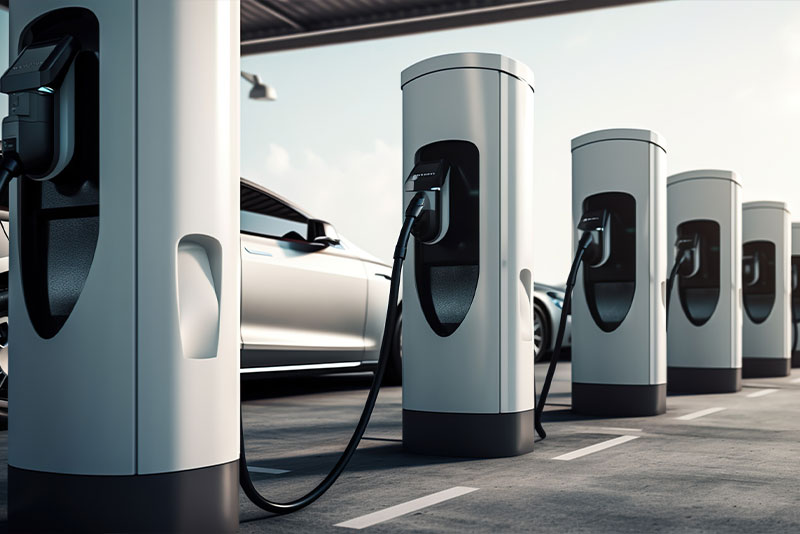
Performance Benefits of Lithium Iron Phosphate Batteries in EVs
The performance of an electric vehicle is largely determined by the type of battery it uses. In this section, we’ll explore how lithium iron phosphate batteries can significantly enhance the overall performance of EVs.
1. Faster Charging Times
One of the key advantages of lithium iron phosphate batteries is their ability to handle higher charge rates. This results in faster charging times compared to other types of lithium-ion batteries. For EV owners, faster charging is a game-changer, as it reduces downtime and makes the vehicle more convenient for daily use.
EVs equipped with lithium ion phosphate batteries can be charged to 80% of their capacity in a significantly shorter time, especially when using high-power charging stations. This quick recharge capability is especially beneficial for long road trips or for drivers who need to top up their battery quickly during busy workdays.
2. High Power Output
The high discharge rates of lithium ion phosphate batteries allow for better acceleration and power output, making EVs equipped with these batteries more responsive on the road. Whether you're navigating city streets or cruising on highways, lithium iron phosphate batteries can deliver consistent and reliable power, improving the overall driving experience.
This high power output is one of the reasons why lithium iron phosphate batteries are used in high-performance electric vehicles, including sports cars and luxury EVs. They offer excellent torque delivery, which is essential for quick acceleration and maintaining high speeds over long distances.
3. Improved Thermal Stability
Temperature control is a crucial factor in maintaining the performance of EV batteries. Overheating can lead to battery degradation and reduced efficiency. Lithium iron phosphate batteries excel in this area due to their superior thermal stability. They can operate efficiently in a wider temperature range without compromising performance or safety.
In comparison, traditional lithium-ion batteries, especially those using cobalt-based cathodes, are more susceptible to overheating, which can result in thermal runaway, fires, or significant performance drops. Lithium iron phosphate batteries mitigate these risks by remaining cooler during operation, thus enhancing the overall reliability of EVs in various environmental conditions.
4. Enhanced Safety Features
Safety is always a top priority for any vehicle, especially electric vehicles. Lithium iron phosphate batteries offer several safety advantages over other types of lithium-ion batteries. They are inherently more stable, reducing the likelihood of dangerous events like short circuits or thermal runaway.
In addition, lithium ion phosphate batteries are less prone to swelling, leakage, or combustion, even when subjected to extreme stress. This makes them an ideal choice for electric vehicles, where the safety of the battery pack is critical to preventing accidents or damage to the vehicle. As a result, EV manufacturers are increasingly turning to lithium iron phosphate batteries to enhance the safety and longevity of their vehicles.
Longevity of Lithium Iron Phosphate Batteries in EVs
In addition to enhancing performance, lithium iron phosphate batteries are also known for their remarkable longevity. This makes them a cost-effective choice for electric vehicle owners who want a battery that will last for many years. Let’s take a closer look at how lithium ion phosphate batteries contribute to the extended lifespan of EVs.
1. Longer Cycle Life
One of the standout features of lithium iron phosphate batteries is their longer cycle life. A battery’s cycle life refers to the number of charge and discharge cycles it can undergo before its capacity begins to degrade significantly. Lithium iron phosphate batteries can typically last for over 2,000 to 3,000 full charge cycles, significantly longer than traditional lithium-ion batteries, which usually last for about 1,000 to 1,500 cycles.
This extended cycle life means that lithium ion phosphate batteries are less likely to require replacement during the lifetime of the EV, leading to reduced maintenance costs and fewer replacements. As EV owners seek to maximize the value of their vehicles, the long-lasting nature of lithium iron phosphate batteries is a key selling point.
2. Lower Rate of Degradation
Another advantage of lithium iron phosphate batteries is their lower rate of capacity degradation over time. Traditional lithium-ion batteries often experience significant degradation after a few years of use, which can lead to reduced driving range and diminished performance. In contrast, lithium iron phosphate batteries degrade much more slowly, maintaining a higher percentage of their original capacity even after many years of use.
This slower degradation rate is particularly beneficial for electric vehicle owners who plan to keep their vehicles for a long time. The longevity of lithium ion phosphate batteries ensures that the EV will continue to perform at a high level throughout its lifespan, making it a wise investment for consumers.
3. Minimal Maintenance Requirements
Because lithium iron phosphate batteries are less prone to wear and tear, they require minimal maintenance over their lifetime. Traditional batteries may need periodic maintenance, such as balancing or recalibration, to ensure optimal performance. Lithium ion phosphate batteries, however, are more robust and can operate efficiently with minimal intervention, further reducing the long-term cost of ownership.
This low-maintenance feature is especially valuable for fleet operators and EV manufacturers, as it reduces the overall cost of ownership and simplifies the management of electric vehicle fleets.
4. Resilience to Overcharging and Deep Discharge
Unlike traditional lithium-ion batteries, lithium iron phosphate batteries are more resilient to overcharging and deep discharge. Overcharging and deep discharges can shorten the lifespan of a battery and reduce its overall efficiency. Lithium ion phosphate batteries, however, are more tolerant of these conditions, making them a more durable and reliable option for EVs.
This resilience contributes to the overall longevity of the vehicle, as lithium iron phosphate batteries can withstand a wider range of charging habits without suffering significant damage.
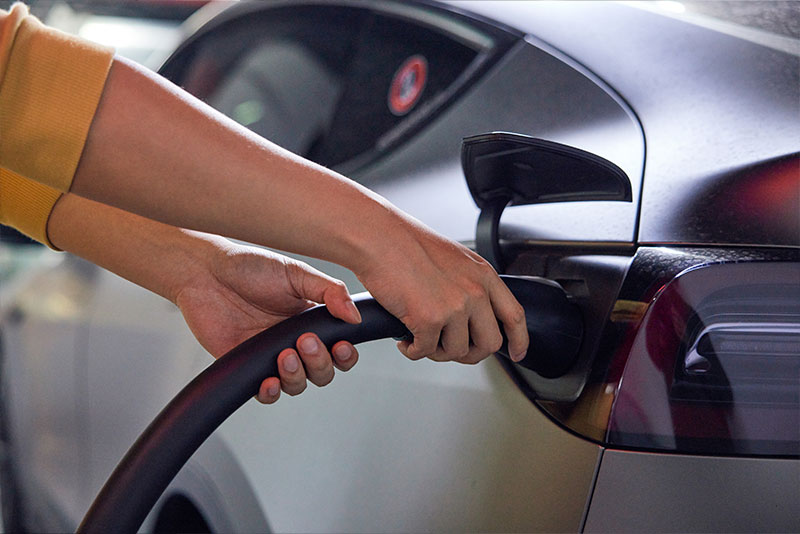
Environmental Benefits of Lithium Iron Phosphate Batteries
In addition to enhancing performance and longevity, lithium iron phosphate batteries also offer significant environmental benefits. Unlike traditional lithium-ion batteries, which often rely on scarce and toxic materials such as cobalt and nickel, lithium ion phosphate batteries use abundant, non-toxic materials that are easier to recycle.
By choosing lithium iron phosphate batteries, EV manufacturers can reduce their environmental impact, making electric vehicles an even more sustainable alternative to gasoline-powered cars. As demand for greener, more eco-friendly products increases, lithium iron phosphate batteries are helping drive the transition to a more sustainable future.
Conclusion
As electric vehicles continue to evolve, the importance of battery technology cannot be overstated. Lithium iron phosphate batteries offer a host of advantages, including faster charging times, higher power output, enhanced safety, and exceptional longevity. These benefits make lithium ion phosphate batteries an ideal choice for modern electric vehicles, helping improve both their performance and lifespan.
With their impressive cycle life, lower degradation rates, and minimal maintenance requirements, lithium iron phosphate batteries are poised to play a key role in the future of electric vehicles. As more manufacturers adopt this battery technology, we can expect even more improvements in EV performance, cost-effectiveness, and environmental sustainability.
For EV owners and manufacturers alike, lithium iron phosphate batteries represent a step forward in the pursuit of a cleaner, more efficient, and more reliable transportation system.
Blog

Maximizing Energy Independence with Home Lithium Battery Storage

How Residential Photovoltaic Energy Storage Systems Empower Sustainable Homes
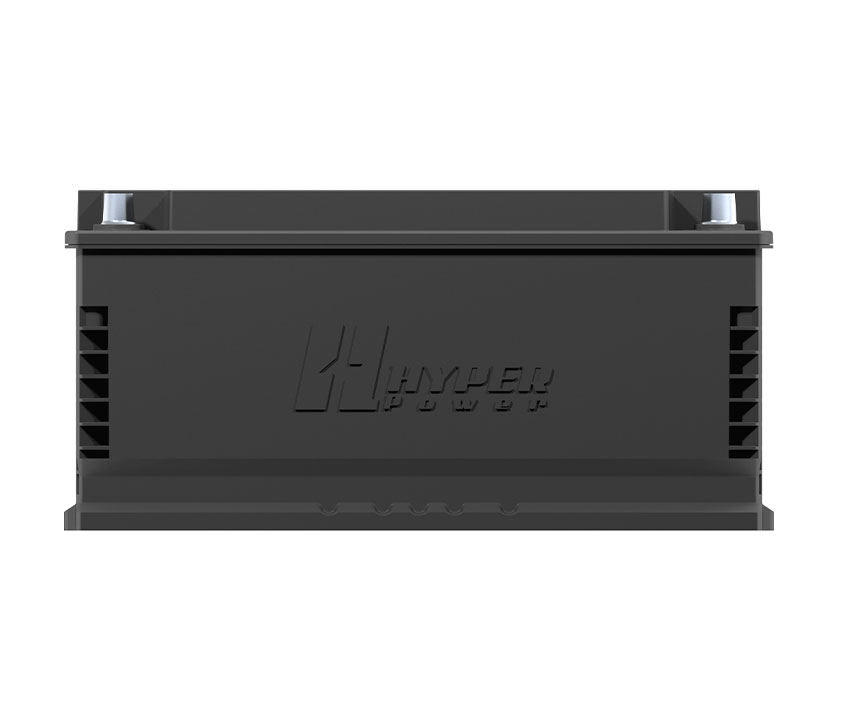
Why the 12V Lithium Ion Car Battery is the Smarter Automotive Power Solution — Insights from JEJE Energy
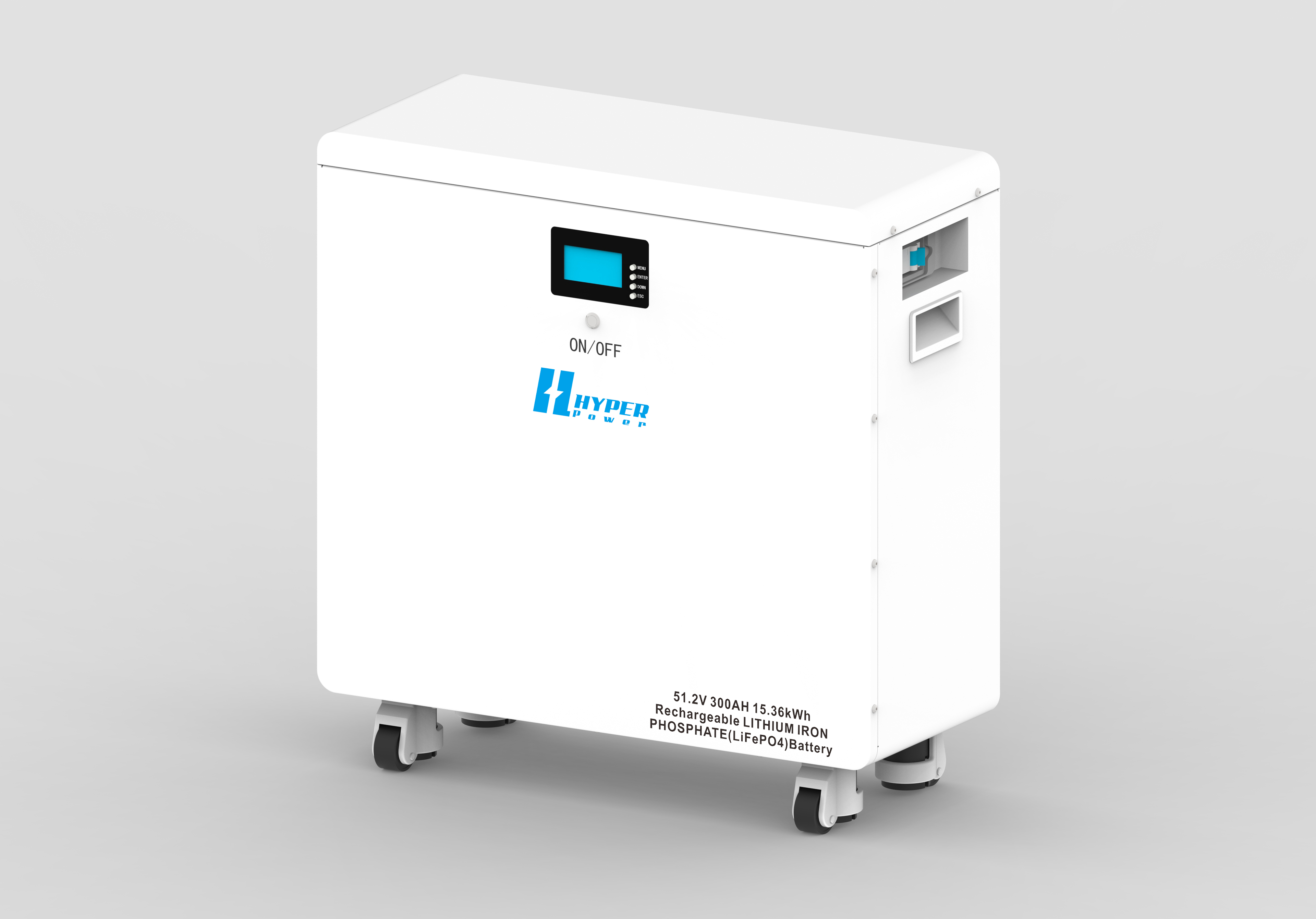





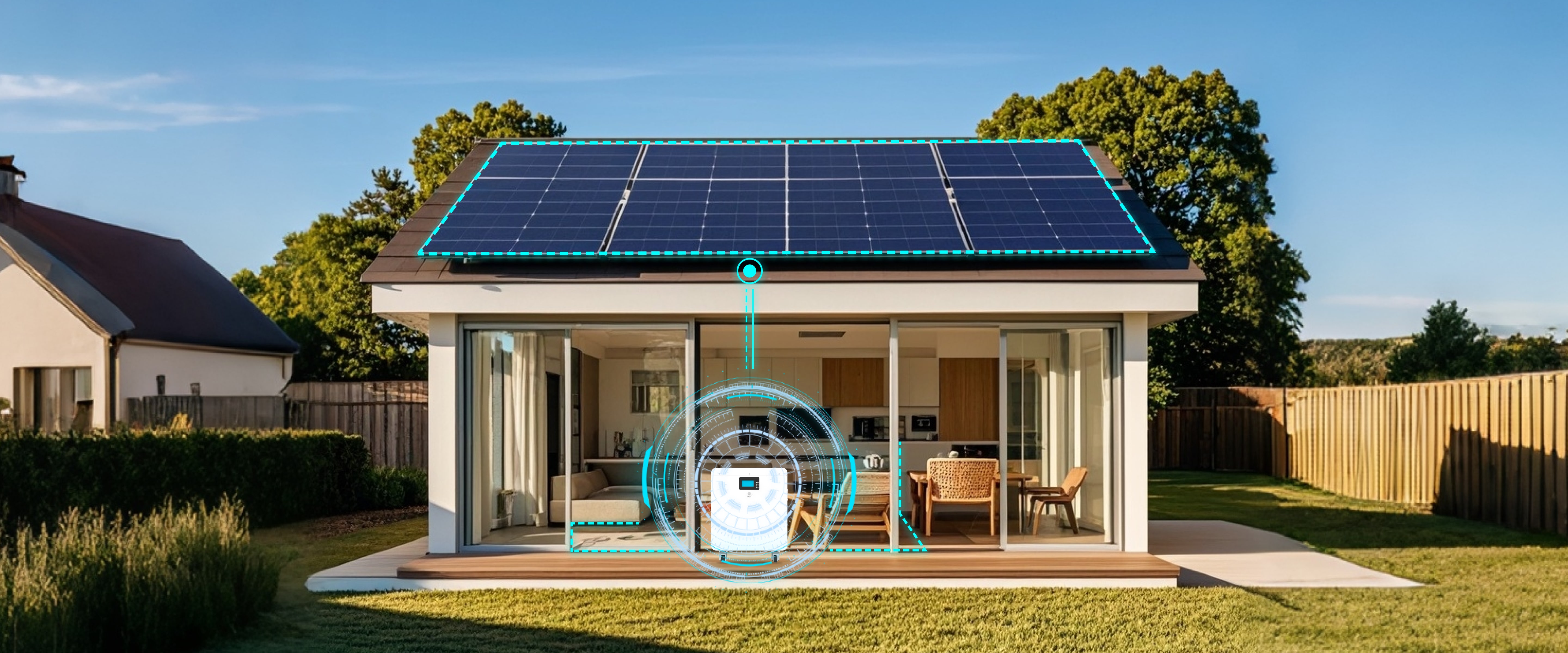



-Charging.png)
.jpg)






